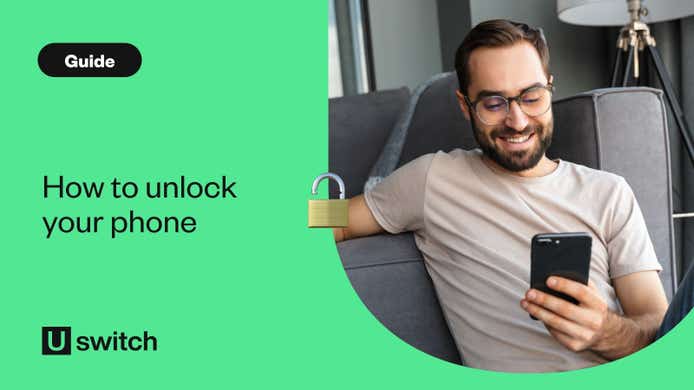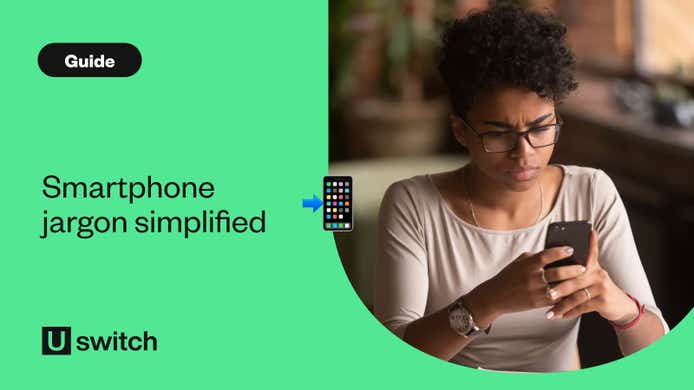Accessing the internet on your mobile phone isn't like the old days.

2000s panic
Remember the panic in the early 2000s when you accidentally connected to the internet on your mobile phone? That hasn't been the case for a long time now, so don't worry.
Connecting to the internet on your mobile is actually very straightforward. However, if you're not sure how it works or would like a refresher, read on and we'll fill you in.
There are two primary methods to connect: Wi-Fi and mobile data. Here's how to set up and manage both connections:
1. Connecting via Wi-Fi:
- Enable Wi-Fi:
- iOS Devices: Go to Settings > Wi-Fi, and toggle the Wi-Fi switch to On.
- Android Devices: Navigate to Settings > Network & Internet > Wi-Fi. Turn on the Wi-Fi toggle.
Join a Network: Select your desired Wi-Fi network from the list of available networks. If prompted, enter the network password. Once connected, a Wi-Fi icon will appear in the status bar.
2. Connecting via Mobile Data:
- Enable Mobile Data:
iOS Devices: Go to Settings > Mobile Data. Toggle the Mobile Data switch to On.
Android Devices: Navigate to Settings > Network & Internet > Mobile Network. Turn on the Mobile Data toggle.
How to use the internet on your mobile phone
All new phones now feature one-touch internet access.
Simply activate the pre-loaded web browser on your phone (such as Google Chrome on Android phones or Safari on iPhones) and you'll connect to the internet straight away. You can find the default web browser on the main menu screen, or within the Applications menu.
As with browsing on a laptop or desktop, it's a good idea to bookmark your favourite web pages to make it easier to find next time you need them.
Bookmarks mean that you can organise the addresses of your favourite and frequently visit web pages in a handy and easy-to-manage way.
Downloading content
Downloading music, photos, apps, or videos on your mobile phone works in much the same way as it would from your computer or laptop.
Most mobile phones have dedicated music or media download software that enables you to quickly and easily transfer files between your mobile and your PC or laptop, for example, iTunes for Apple iPhones.
This software also allows you to transfer music from your computer and CDs onto your phone.
Be careful when using the internet without a Wi-Fi connection as it can eat into your monthly data allowance.
Compare mobile contracts and SIM only deals
Browse our best contract deals for the latest handsets or save money with a cheap SIM only offer.






